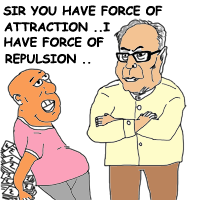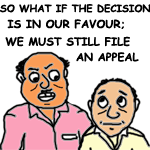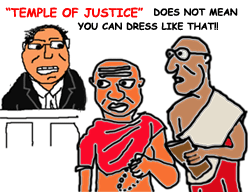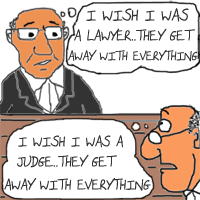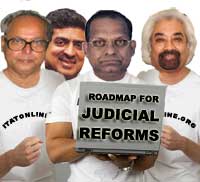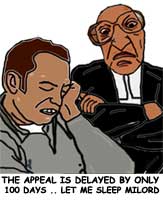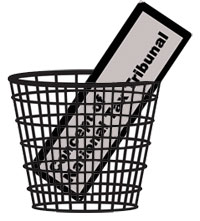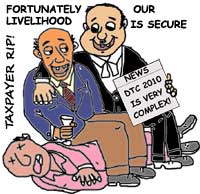
The Author rues that the Direct Tax Code 2010 is a golden opportunity gone waste. What could have been a revolutionary exercise in tax reforms has been reduced to a pedestrian re-numbering of sections, agonizes the author. But, eternal optimist that he is, all is not lost, says the author and sets out an 11-point agenda to salvage the DTC 2010. Is the draftsman listening?
The discussion paper on Direct Taxes Code Chapter 1, reads as under “The Code is not an attempt to amend the Income-tax Act, 1961, nor is an attempt to “Improve” upon the present Act. In drafting the Code, The Central Board of Direct Taxes (The Board) has to the extent possible started on a clean drafting slate. Some assumptions which have held the ground for many years have been discarded. Principles that have gained international acceptance have been adopted. The best practices in the world have been studied and incorporated. The tax policies that would promote growth with equity have been reflected in the new provisions. Hence while reading the Code it would be advisable to do so without any preconceived notions, and as far as possible without comparing the provisions with the corresponding provisions of the Income-tax Act, 1961”. I have made an attempt to discuss certain conceptual issues which may be considered as we are proposing to bring new Income Tax to our country which will be in statute for at least for another 50 years.
